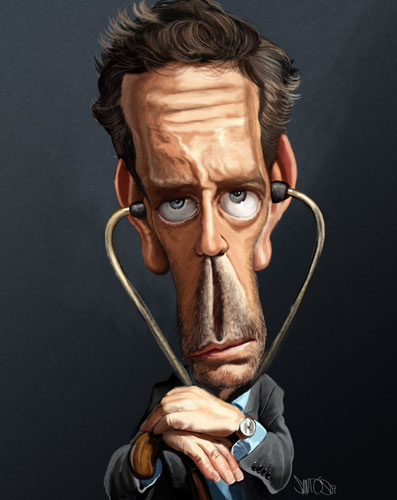Couple Relationship Counselling is about working in therapy with conflicts in a couple’s relationship. The couple can be married, in a civil-partnership, being romantically involved or just simply colleagues who have a relationship (business or personal) that has developed conflicts (read more…).
Closing States of Couple Counselling.
There are two states for the end of couple counselling: resolved and unresolved.
Resolved: when the initial conflicts – plus conflicts that appeared during the course of couple counselling – have been worked through to the couple’s satisfaction. Satisfaction may mean: enough so that the couple can work on the issues themselves without further therapeutic intervention.
Unresolved: when the initial conflicts – or conflicts that appeared during the course of couple counselling – have only been partially worked through & the couple are still distressed at – or helpless from – the conflicts.
Both of these states can be worked with during an ending to couple counselling. Although resolved might appear to be a better state, it depends upon what the couple want as it’s their relationship (and always has been even with therapeutic intervention).
When a couple decide to end counselling, working toward an ending is an appropriate choice (rather than simply stopping counselling without notice).
Topics for Closing Sessions.
In the final sessions it can be helpful to discuss the following:
- What matters presented at the assessment for couple counselling (read more…).
- What matters came up during the couple counselling?
- What matters do both partners agree that we have worked through?
- What matters do partners disagree on.
- What matters are left outstanding (any “unfinished business”) – for both partners together, or for each individual partner?
- What might the couple wish to do about the unfinished business?
- What has been gained from the counselling process … and what is being lost as it ends.
A purpose of such a review is so that couples counselling can end with the work being reviewed openly. Both partners can leave therapy knowing what is agreed as being resolved, and what matters are left unresolved. Knowing what work is left to do means the couple can consciously continue to work on further matters in their own time and their own way.
Number of Sessions.
The number of sessions to bring couple counselling to a close will be decided in a discussion with the couple. It’s preferable that an ending to counselling is brought about once the presenting issues have been worked through – so the ending is a case of how many sessions would be required to discuss sufficiently the closing sessions topics.
This, plus any outstanding matters the couple wish to talk about.
Ending Counselling without Final Sessions.
Leaving counselling without such an ending as discussed above can be unhelpful to the couple’s relationship. Unresolved conflicts can continue in the relationship – assuming that the relationship continues.
Sometimes the couple decide they wish to separate and they leave the relationship (couple counselling can also be used to help a couple to separate) and when the couple no longer maintains the relationship, the counsellor’s “client” (the relationship) can no longer be brought to counselling. Other types of endings can then be discussed.
So, working towards an ending in couple counselling are an important part of the counselling process. whether the couple involve the counsellor in the ending or not.



